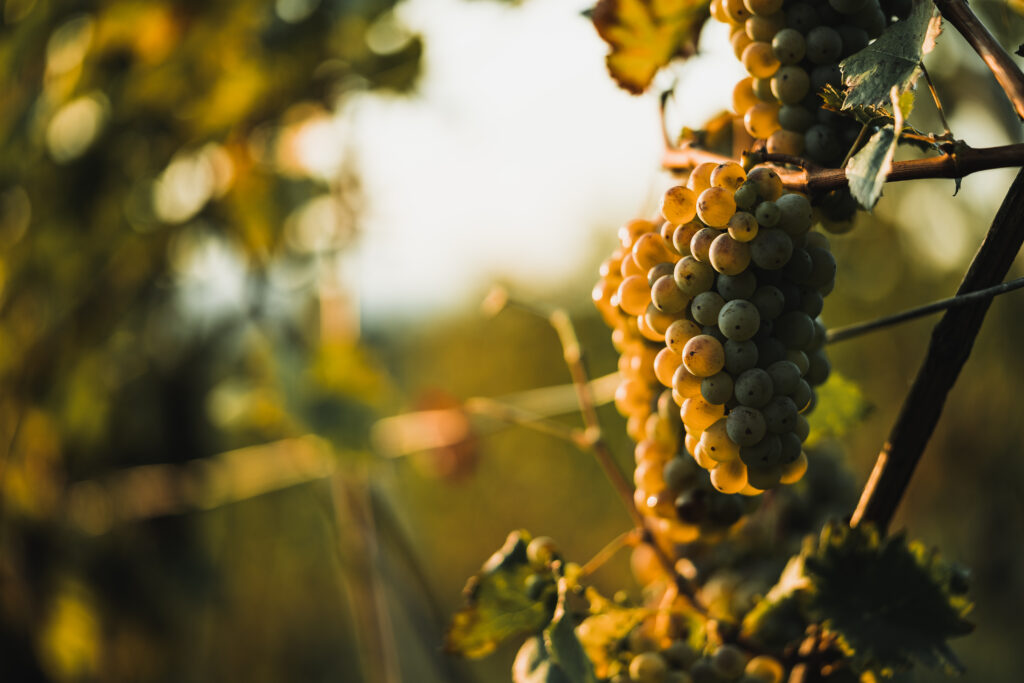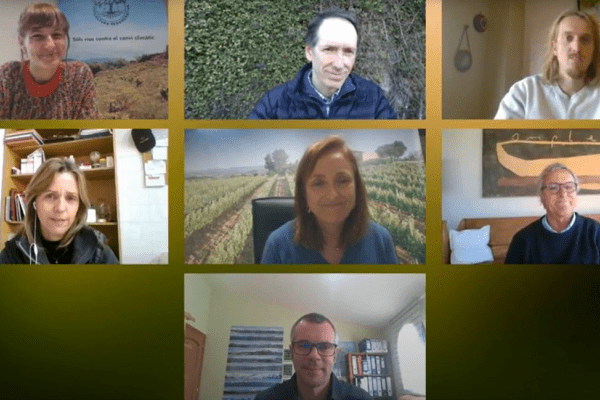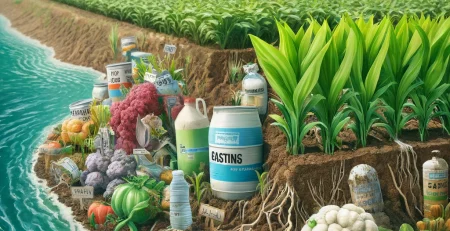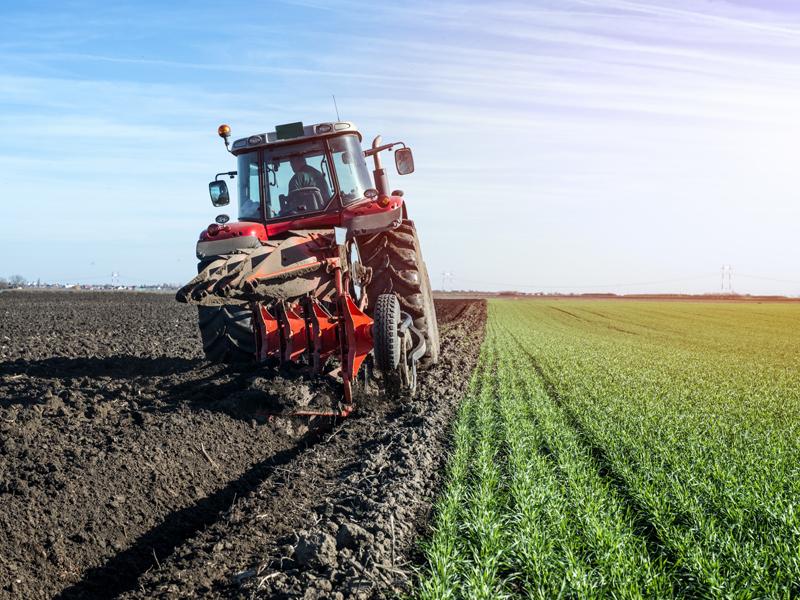The planet could have 60 harvests left if action is not taken to regenerate the viticultural soils.
Regenerate the depleted vineyard soils for decades of exploitation and a vital necessity for the sector. Save the vineyard soils and address climate change They are the two great challenges of the sector. Now is not the time to wait, but to act, if we want to keep the sector alive in the future.
In this sense, it is key to use the appropriate means for a rreal, effective and consistent generation of the soils. He use of worm castings in the vineyard It is a beneficial practice with a significant positive impact. This improves the balance of the soil and its general condition. And this in turn influences the quality of the wine.
At Crickwoo we are specialists in organic worm castings. And we know well the benefits of worm castings in organic agriculture to improve the health and quality of soils. This is a natural product that can play a key role in the regeneration of viticultural soils.
Analysis and diagnosis of the Regenerative Viticulture Association: regenerating viticultural soils is essential
La Regenerative Viticulture Association held its first virtual event on February 2. It served to present the entity, established in November 2021. Also to explain the pillars of this viticultural model that is postulated as a solution to climate change. The five founding partners Familia Torres, Clos Mogador, Can Feixes, Jean Leon and AgroAssessor have participated. And with them Vins Nadal, one of the new members of the association in an event that brought together more than a hundred people.
Miguel Torres, general director and fifth generation of Familia Torres, left a few words. “The association was born to promote a paradigm shift in the vineyards, join forces and share principles and knowledge of a new way of understanding the viticulture that will help mitigate the effects of climate change and other major challenges such asdrought and erosion, in addition to promoting biodiversity.”
Francesc Font, founding partner of AgroAssessor Farm Managers, explained the essence of regenerative viticulture. And he has warned that “the planet has 60 crops left if it does not reactivate the three Ms, the great forgotten ones: minerals, microbiology and organic matter".
Regenerate agricultural soils: the solution that cannot wait
According to Font, we must “strengthen the system by activating nature” and “the first step to regenerate viticultural soils is vegetable covers”. Regenerative agriculture “is like a toolbox that serves to improve the soil and improve the environment”. Capturing carbon, slowing erosion and producing healthy foods without toxic.
The round table was moderated by oenologist Montse Catasús, secretary of the association. In this the challenges and benefits of regenerative viticulture according to the different experiences of the speakers.
Mireia Torres, director of Jean Leon, explained that she is researching within the framework of a European project. She does it together with the Center for Ecological Research and Forest Applications (CREAF) and the University of Lleida. The purpose of it is to understand what type of cover crop allows retain more carbon in the soil and how it affects biodiversity, vineyard vigor and the production.
Christian Barbier, head of viticulture at Clos Mogador, shared his experience of a decade working in regenerative viticulture. What he defines as “conscious viticulture based on trial, error and trial again.”
Joan Huguet, co-owner of Can Feixes, was convinced that “we cannot continue tilling the land as we did.” This is what has impoverished the soils. To regenerate the viticultural soils and reverse the situation, he advocates the use of the vegetal covers that he manages with the help of a sheep flock.
Miguel Torres, in turn, addressed the differences in the application of the regenerative practices in vineyards of the Priorat. This is the case of Mas de la Rosa and Mas La Plana in Penedès. And he has pointed out that “the regeneration of viticultural soils goes beyond a change in soils, it is a change in human mentality.”

Other interventions in favor of regenerative viticulture
Next, Esperanza Nadal, winemaker at Vins Nadal, intervened. This professional has recently joined the association since she sees regenerative viticulture as a path that must be taken “through common sense.”
According to Nadal, “in the winery we have considerably reduced our emissions. But we still had to work on the countryside, and regenerative viticulture is the only model with which we feel comfortable and that will allow us to truly advance.”
The last intervention in the debate was that of Francesc Font, who stated that the first steps to apply regenerative viticulture consist of “learning, reading, seeing, visiting farms, trying, making mistakes, trying again, but, above all, unlearning a lot of the above and make a mental change, even if there is a toll. In the end there comes a time when you don't regret anything.”
The webinar ended with questions from the attendees, which the speakers answered based on their experiences. And with a call to wineries, winegrowers, institutions and anyone interested to join the Regenerative Viticulture Association to share these experiences and knowledge and join forces in benefit of the earth and the planet.
Worm humus for the regeneration of vineyard soils
The influence of the contribution of worm humus to achieve healthy soils. Thus, the restoration of vineyard soils Using this natural product is a key opportunity for success.
Anyone interested in regenerative agriculture can explore this option to improve soil quality, nutritional richness, pH and structure. It also helps to improve soil biodiversity and maintain a healthy green cover that is freer of pathogens. In the biofertilizer store online Crickwoo you can find the solutions to help you restore the health of the soil of your vineyards.





